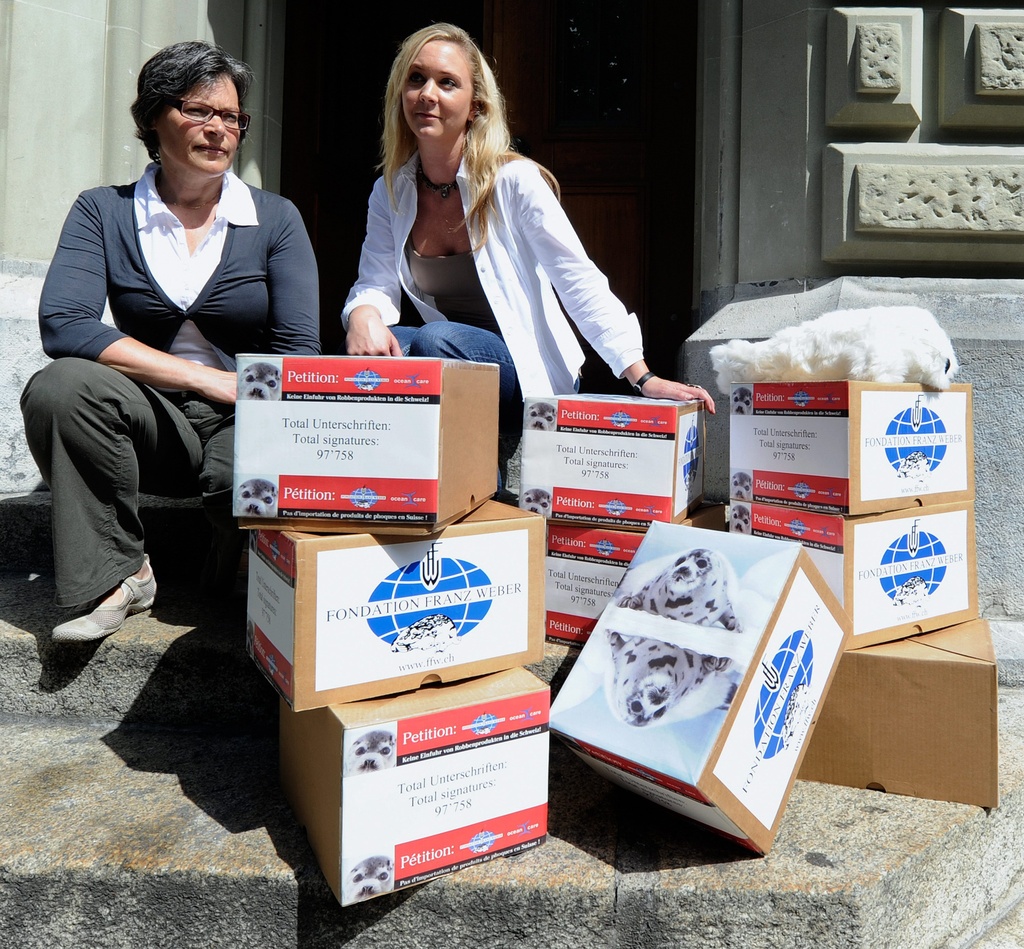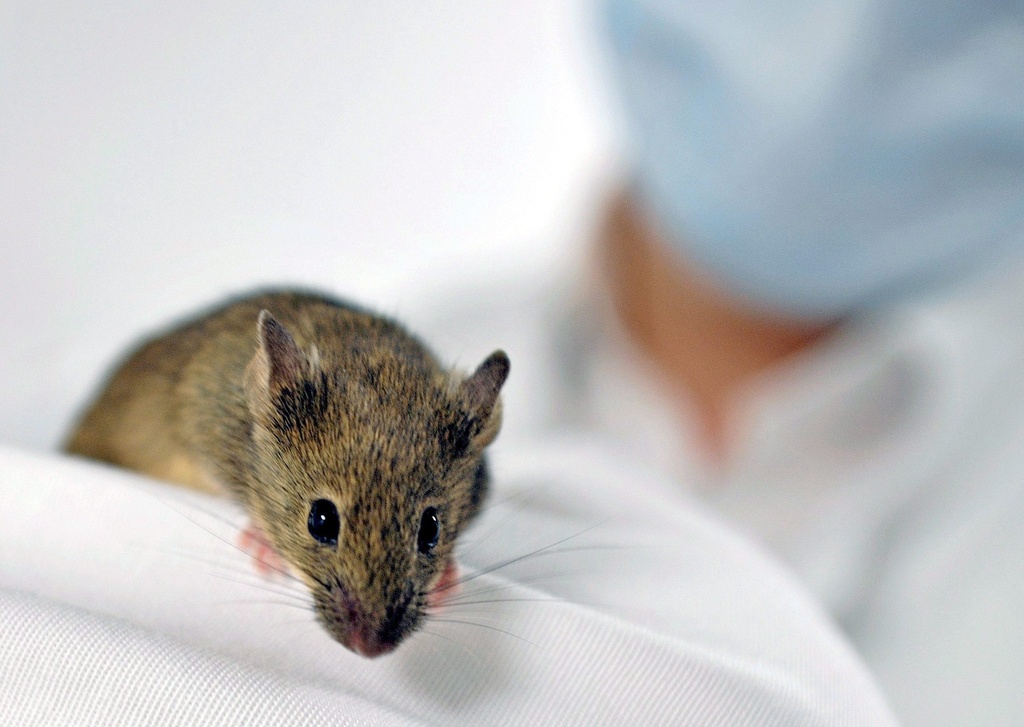Nearly 100,000 fewer animals used in labs

The number of animals used for experiments in Switzerland dropped by 13.1 per cent, or 99,547 animals, in 2011 compared with the previous year, the Federal Veterinary Office said on Thursday.
In all, 662,128 animals were experimented on. Of those, 79 per cent were rodents such as rats, mice and hamsters. Ten per cent of the animals were poultry on which researchers were testing feeding and caging methods.
The veterinary office said the number of animals used for experiments in which they suffered “severe distress” had declined from 15,046 to 13,807 animals – the equivalent to 2.1 per cent of all animals used for experiments.
Distress to animals used in experiments is measured on a four-tier ranking from 0 to 3, with 3 equating severe distress. Another 19 per cent of the experiments ranked 2 on the distress level.
Swiss animal protection law requires that those wishing to conduct experiments on animals must first seek authorisation from cantonal authorities.
In 2011, the number of new requests for animal testing was 15% less than the previous year at 1,015, while the number of existing authorisations remained stable at 3,592.
The veterinary office said that two requests for permission to experiment on animals were refused by cantonal authorities. One request concerned the testing on rats of UV filters – considered to be cosmetics in Switzerland and the European Union, but a medical product in Australia and the United States.
A third of experiments were conducted by hospitals and technology institutions and two-fifths were carried out by industry.
The veterinary office said that although the reduction in the number of animals used for experiments was largely attributable to the end of a large-scale poultry-raising experiment in Lucerne, a general decrease in the number of animals used for experiments was noted across the board.

In compliance with the JTI standards
More: SWI swissinfo.ch certified by the Journalism Trust Initiative











You can find an overview of ongoing debates with our journalists here . Please join us!
If you want to start a conversation about a topic raised in this article or want to report factual errors, email us at english@swissinfo.ch.